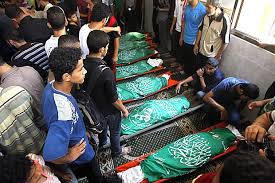| Online: | |
| Visits: | |
| Stories: |

| Story Views | |
| Now: | |
| Last Hour: | |
| Last 24 Hours: | |
| Total: | |
Gaza Civilian Massacre: The Great Weakness of Israelis and Americans is that they Believe Their Own Propaganda.
Tuesday, August 5, 2014 23:30
% of readers think this story is Fact. Add your two cents.
“Every opponent of Israel, however puny, is treated by the Israeli government and much of the Israeli [and western] media as representing an existential threat. “Any retaliatory violence is therefore justified, whether the targets are Palestinians, Lebanese or the 10 Turks killed on board the flotilla of boats trying to bring aid to Gaza in 2010…
“… over the past month we have seen, night after night, pictures of Palestinian families, with their maimed and terrified children, vainly seeking safety amid shattered houses and hospitals… by the time 264 Palestinian children had been killed, as of Friday, [denials] only serve to convince people that Israelis do not care how many Palestinians they kill.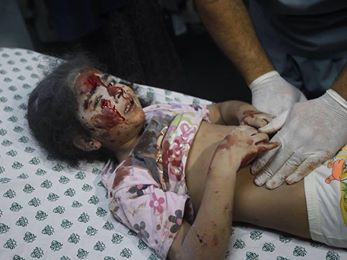 ”
”
“If you want to know who is running a country, visit its jails” – Nelson Mandela.
Ask any Mexican, any Puerto Rican, any black man, any poor person – ask the wretched how they fare in the halls of justice, and then you will know, not whether or not the country is just, but whether or not it has any love for justice, or any concept of it.
It is certain, in any case, that ignorance, allied with power, is the most ferocious enemy justice can have.”
James Baldwin.
Bolivia-follows-ecuador-brazil-and-peru-declares-israel-terrorist-state-scraps-visa-exemption-agreement
senior-journalists-heart-breaking-account-of-a-gaza-hospital-its-a-turkey-shoot-sitting-ducks
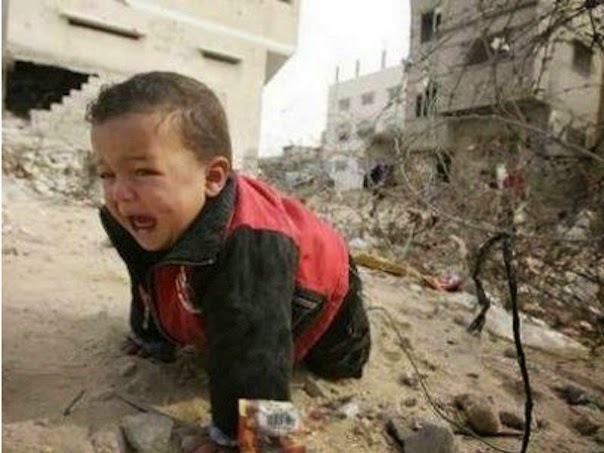
How the Invasion of Gaza Strengthens Hamas
by PATRICK COCKBURN
As Gaza is devastated by a new paroxysm of violence, what has Israel achieved by its 26-day bombardment and ground intervention?
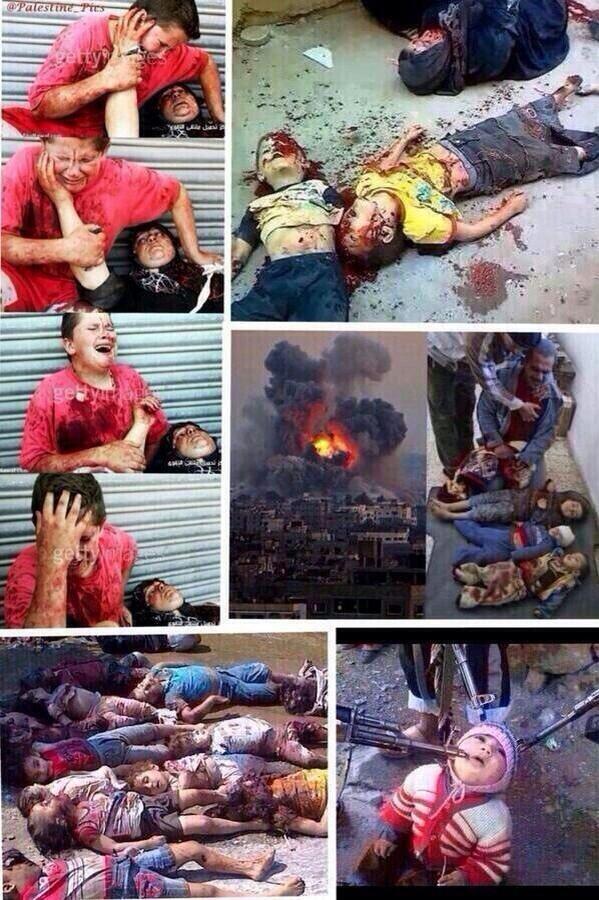
The outcome so far is similar to that of past Israeli wars in Lebanon and Gaza: massive firepower is used to inflict heavy losses on the other side, the great majority of the casualties being civilians.
But, as the war goes on, Israeli leaders find that Israel’s military superiority is failing to produce comparable political gains.
Worse, from the Israeli point of view, it is the Palestinians and, in this case, Hamas, who are in a stronger position than they were a month ago.
By its actions, Israel has put the Palestinian issue firmly back on the international agenda from which it had largely disappeared since the Arab uprisings of 2011.
Only a few months ago, a friend sympathetic to the Palestinians lamented to me that, in his travels in the US, Europe and the Arab world, he had seldom heard the words “Palestine” or “Palestinians”.
Gaza, at horrendous cost to its people, has changed all that.
Usually, the sufferings of the four million Palestinians penned into Gaza and the West Bank are invisible to people in the rest of the world.
But over the past month we have seen, night after night, pictures of Palestinian families, with their maimed and terrified children, vainly seeking safety amid shattered houses and hospitals.
Israeli spokesmen sound shifty and heartless as they claim that there is no proof of Israel’s culpability for the shelling of a UN hospital or a children’s playground, suggesting that a Hamas rocket might have fallen short.
These denials and evasions might work in a short war but, by the time 264 Palestinian children had been killed, as of Friday, they only serve to convince people that Israelis do not care how many Palestinians they kill.
Of course, we have been here many times before, the most notorious Israeli intervention being the invasion of Lebanon in 1982.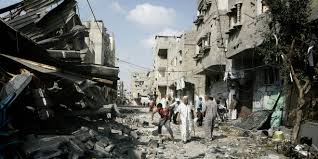
I was in the Sabra and Shatila camps just after the massacre of 1,700 Palestinians by Christian militiamen who would not have been there but for Israeli actions.
When I see pictures of the dead in Gaza, I feel I can still smell the sickly sweet stench of the dead bodies as they began to rot in the hot September sun.
I remember the poverty of the dead, with their ragged clothes and plastic shoes, as they lay in the doorways of tiny shops or heaped up in alleyways.
Warning. Pictures of dead civilians in Gaza here.
Tom Dennen




